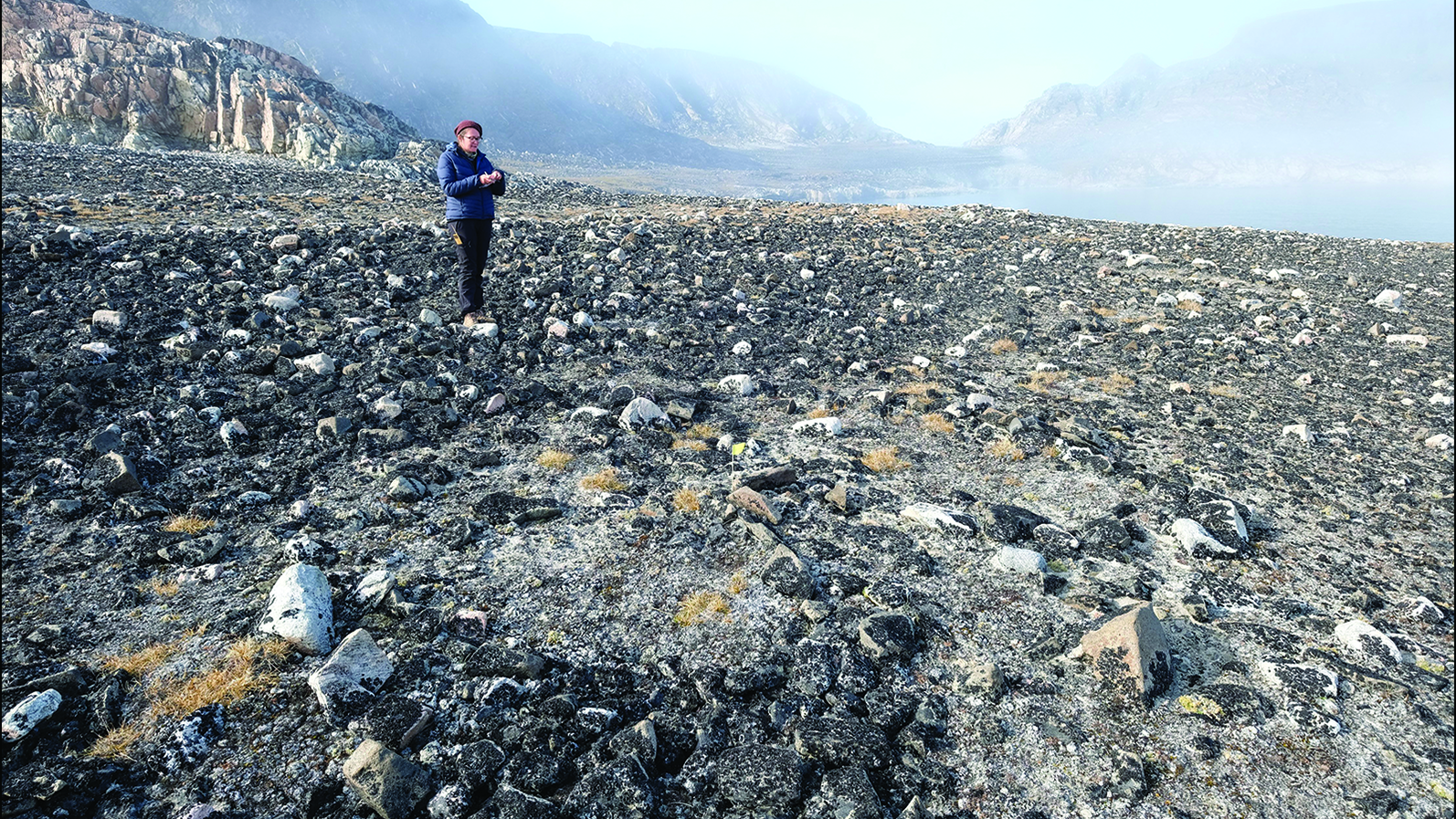Psychic Nearly Destroys Family

Get the world’s most fascinating discoveries delivered straight to your inbox.
You are now subscribed
Your newsletter sign-up was successful
Want to add more newsletters?

Delivered Daily
Daily Newsletter
Sign up for the latest discoveries, groundbreaking research and fascinating breakthroughs that impact you and the wider world direct to your inbox.

Once a week
Life's Little Mysteries
Feed your curiosity with an exclusive mystery every week, solved with science and delivered direct to your inbox before it's seen anywhere else.

Once a week
How It Works
Sign up to our free science & technology newsletter for your weekly fix of fascinating articles, quick quizzes, amazing images, and more

Delivered daily
Space.com Newsletter
Breaking space news, the latest updates on rocket launches, skywatching events and more!

Once a month
Watch This Space
Sign up to our monthly entertainment newsletter to keep up with all our coverage of the latest sci-fi and space movies, tv shows, games and books.

Once a week
Night Sky This Week
Discover this week's must-see night sky events, moon phases, and stunning astrophotos. Sign up for our skywatching newsletter and explore the universe with us!
Join the club
Get full access to premium articles, exclusive features and a growing list of member rewards.
Many people go to psychics for a handful of typical reasons. They want to know if they will get their dream job soon, or make a big move, or end up with the hunky new guy who seems shy but might just be The One.
Most of the subjects are personal, minor, and relatively inconsequential. If the information seems valid, then the client is happy. If none of it comes true, then the subject just chalks it up to a bad reading and only loses a few bucks. No real harm done.
But what happens when the psychic lies to the client (or is wrong), telling her information that is not true about something with real-world consequences?
Consider the case of Colleen Leduc, a single mother of an autistic eleven-year-old girl in Barrie, Ontario. On May 30, she left her daughter Victoria at her elementary school. Leduc was soon called back to the school urgently, and confronted by the principal, Victoria's teacher, and a teacher's aide (educational assistant, or EA). Puzzled and alarmed, Leduc asked what was going on. The group told her that they believed that Victoria was being sexually abused. They had contacted the Children's Aid Society, a case file had been opened, and her daughter might be taken from her "for her own safety."
Leduc was shocked by the explanation: "The teacher looked at me and said: 'We have to tell you that Victoria's EA went to see a psychic and the psychic asked her if she works with a little girl with the initial V. When the EA said yes, the psychic said, 'Well, you need to know that this girl is being sexually abused by a man between the ages of 23 and 26.'" The EA reported it to the teacher, who then went to the principal, and so on.
Because Victoria is autistic, the child couldn't speak for herself about the alleged abuse. Leduc didn't believe the psychic's allegations, and said they could not be true since her daughter did not even come in contact with any men of those ages. Furthermore, Leduc could prove it: Because of Victoria's disability, Leduc had equipped her daughter with a GPS tracking system and a continuous audio recorder. A review of the audio proved that at no point was Victoria sexually abused in any way by anyone.
The case was eventually closed, but Leduc was stunned that it had gotten as far as it did based on such dubious evidence. The psychic has not been identified nor arrested for providing false report of a crime. (For more on this, see www.WhatsTheHarm.net, a web site the tracks the damage done by psychics.)
Get the world’s most fascinating discoveries delivered straight to your inbox.
If you believe that psychic information should be taken seriously, consider that at any time, you could suddenly be accused of anything from murder to rape to child molestation on nothing more than the word of someone who claims to get messages from supernatural sources. Psychic powers have never been proven to exist, much less provide reliable, valid information.
Some psychics are careful to claim that their readings are "for entertainment purposes only," tacitly admitting that their information should not be taken seriously. Most, however, are happy to do their work for paying clients and accept no responsibility for the truth of their information. If you consult psychics, the next time you meet with one, ask him or her to promise in writing that what they are telling you is true and accurate. I predict you won't get any takers. Ask yourself why they will take your money but not promise to give you the truth.
Benjamin Radford is managing editor of the Skeptical Inquirer science magazine, and he has investigated psychics and psychic powers for over a decade. His books can be found on his website.

 Live Science Plus
Live Science Plus










